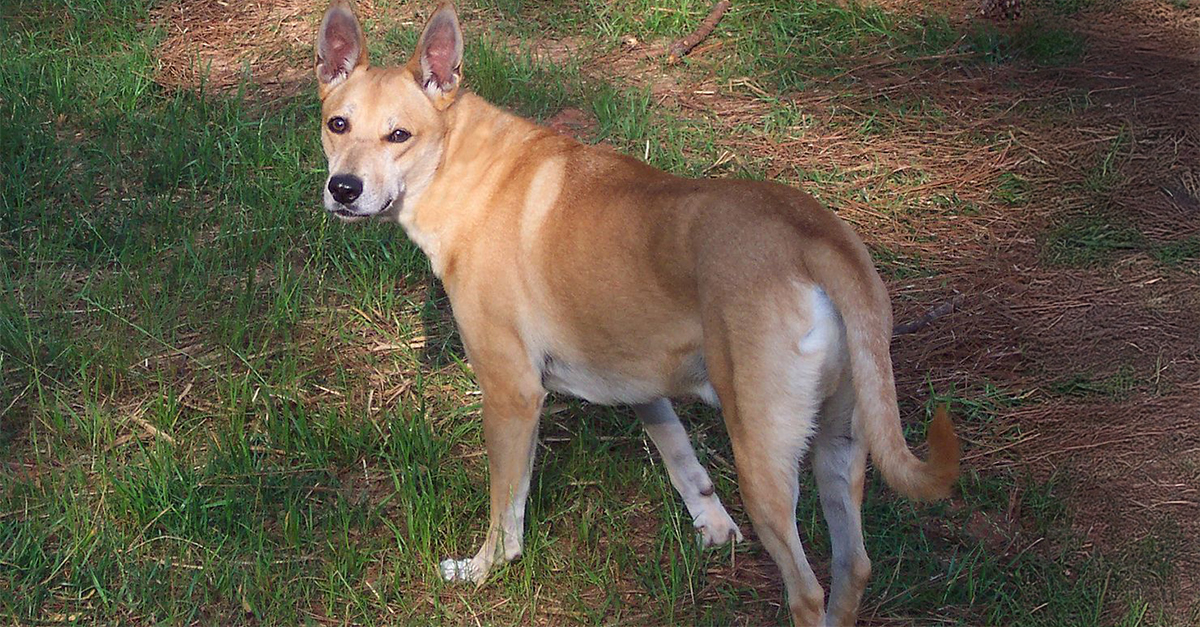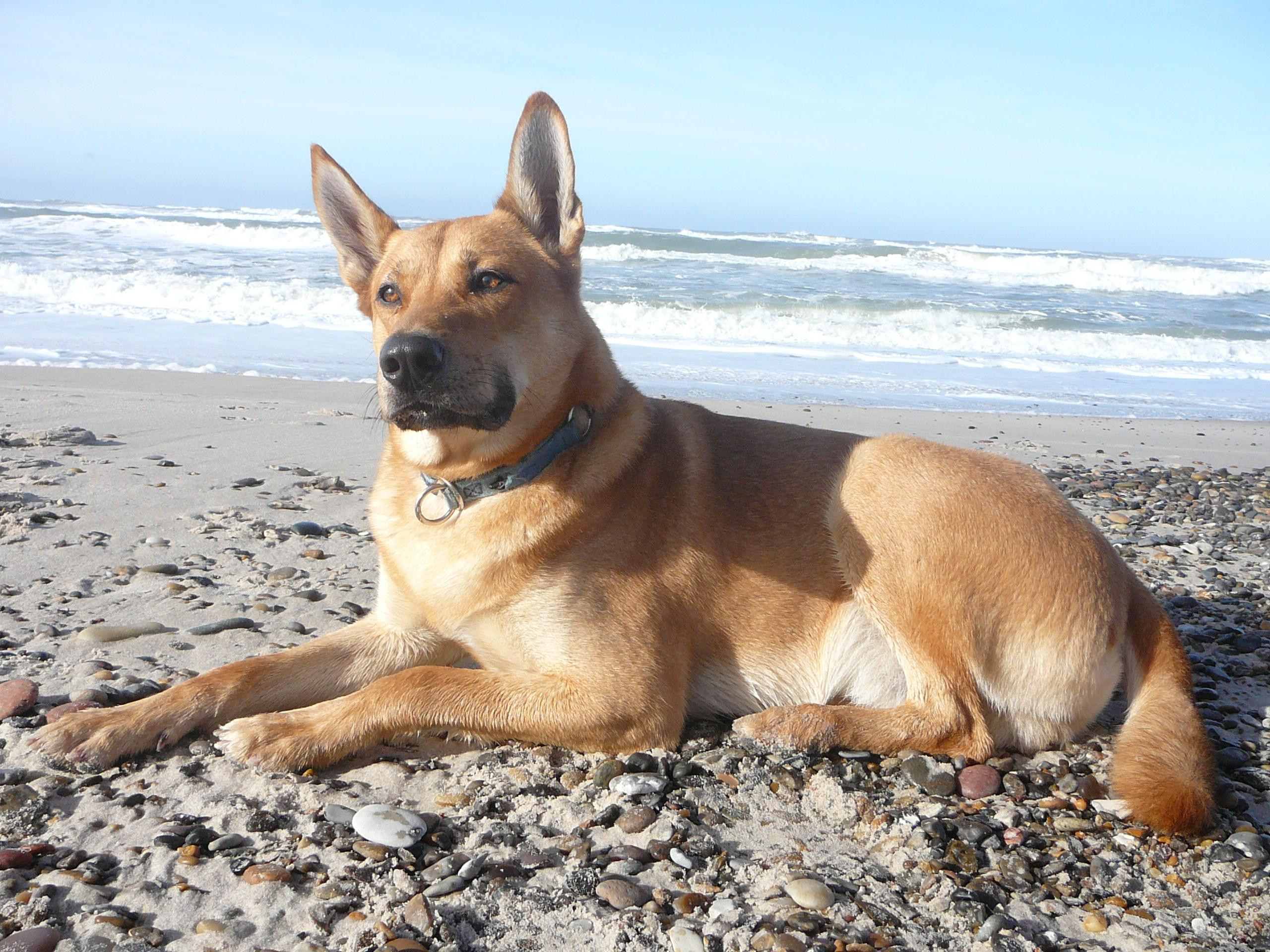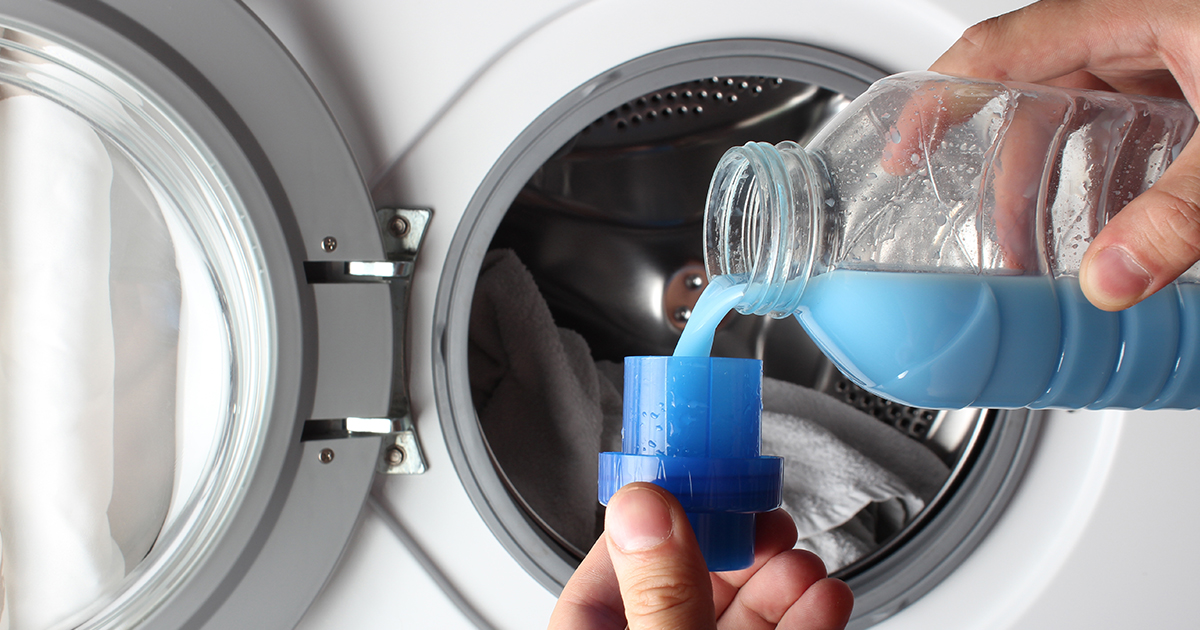The Carolina dog, sometimes called the “American Dingo,” is a fascinating and ancient dog breed native to the United States. With a lineage going back thousands of years, this primitive but affectionate dog has got a pawhold with pet lovers who want a loyal, intelligent, low-maintenance companion. Understanding its natural history and temperament can help determine if it’s right for you.
Ancient Origins In The American Southeast
Carolina dogs were free-roaming dogs that tagged along with early human migrants from Asia across the Bering land bridge. Over centuries, these dogs found their way south, while adapting to the swamps, forests, and meadows of the American Southeast. Archaeological research in the Carolinas and Georgia, including ancient canine remains and rock art give credence to the idea that Carolina dogs have lived in the region for millennia.
Discovery And Recognition By Dog Organizations
Though long known in the wild, the Carolina dog wasn’t recognized as a separate breed until the 1970s. Dr. I. Lehr Brisbin, a research ecologist at the University of Georgia, observed packs of free-living dogs in the Savannah River basin that looked an awful lot like the ancient pariah dogs of Asia. Their physical appearance and behavior was so consistent and unique they were recognized by the United Kennel Club (UKC) and the American Rare Breed Association.
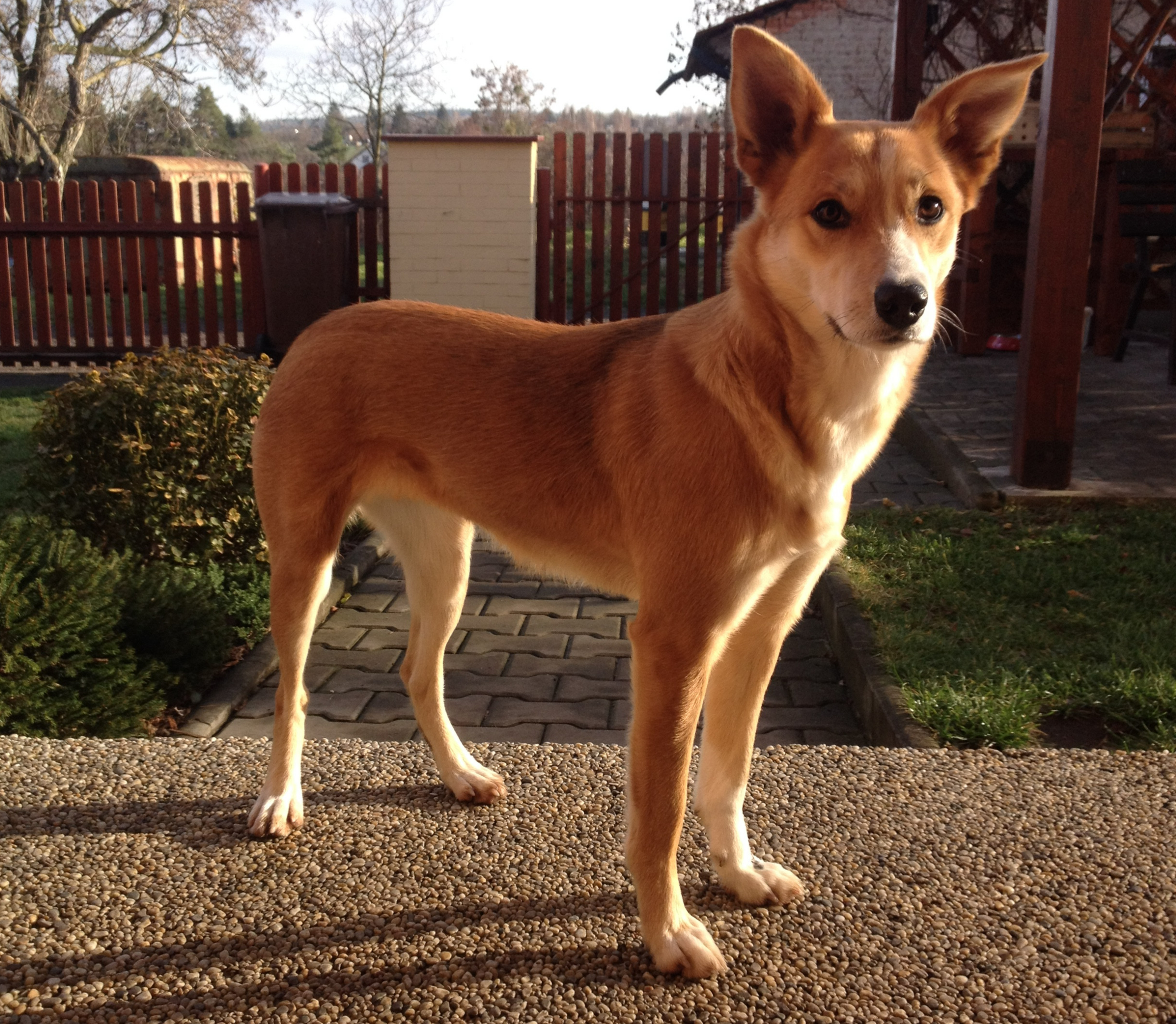 Dolezalovaelis, Wikimedia Commons
Dolezalovaelis, Wikimedia Commons
Look And Temperament
Carolina dogs are clean and natural looking dogs of medium-size, lean, athletic, and muscular, with upright ears and a fishhook tail. They have a lovely short coat that varies in color from ginger to tan or tawny, often with pale markings on the chest and muzzle. They’re good-natured little dogs; intelligent, observant, and reserved with strangers but loyal to their families. Their quiet, thoughtful ways make them a little bit like cats, but they love routine and being around people.
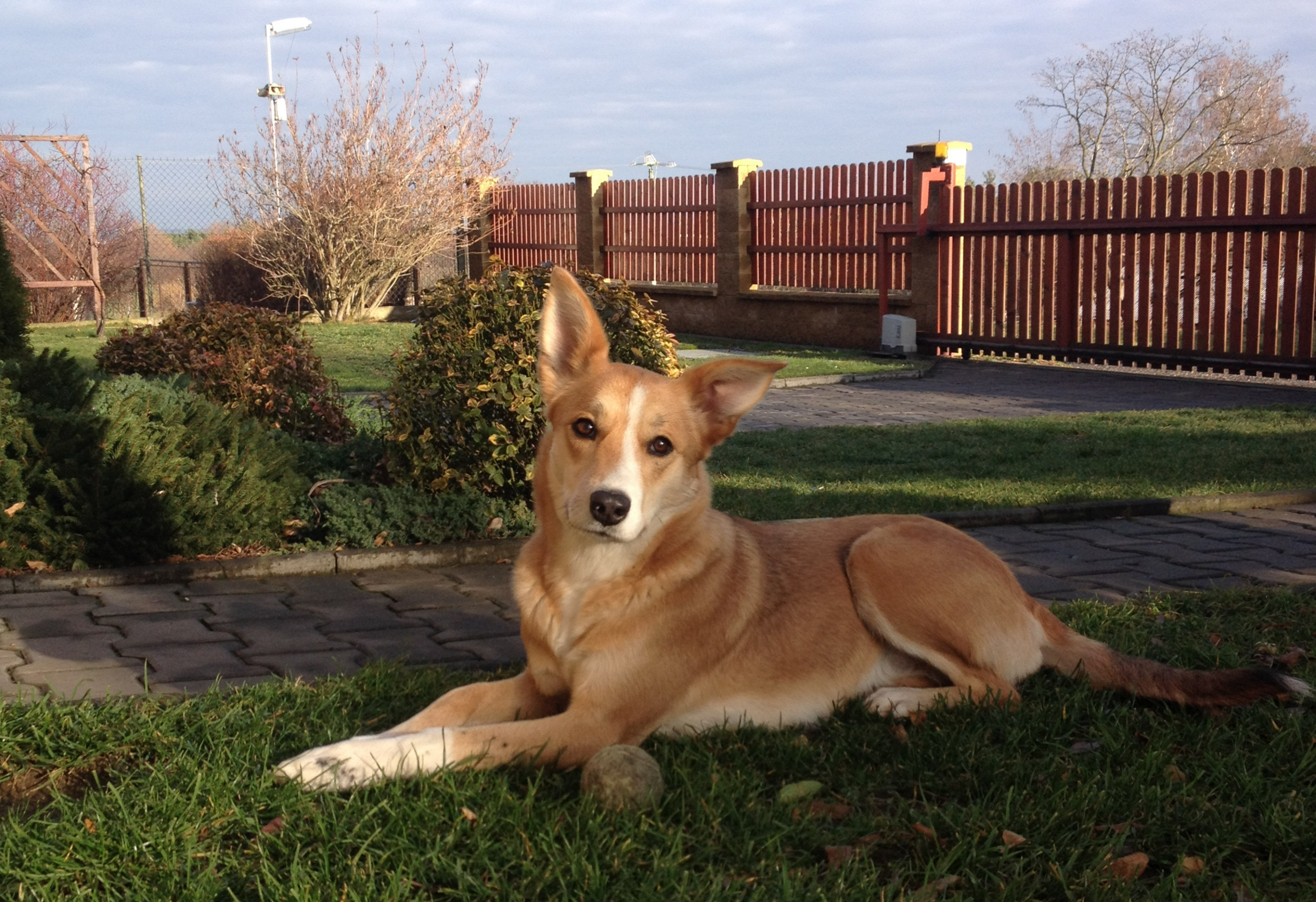 Dolezalovaelis, Wikimedia Commons
Dolezalovaelis, Wikimedia Commons
Training And Socialization
Because of their wild roots, Carolina dogs need consistent and gentle training. Early socialization is important to avoid hypervigilance or territorial behavior. They do well with positive reinforcement and excel in agility or obedience activities when properly trained. Harsh disciplinary methods or inconsistent training will make it harder to gain their trust, so patience is needed when introducing Carolina dogs to new places or people.
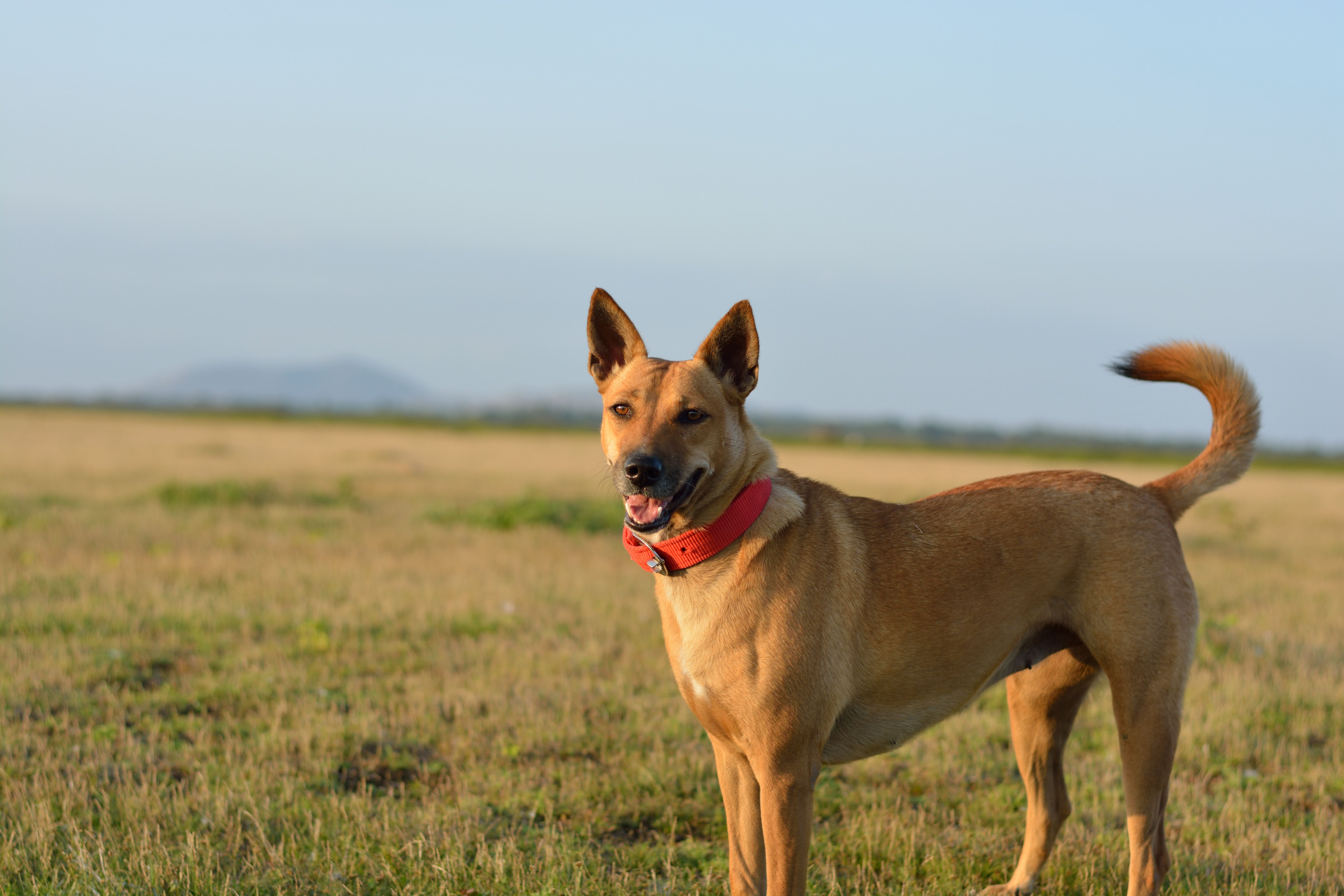 By Sagar21/Wirestock Creators, AdobeStock
By Sagar21/Wirestock Creators, AdobeStock
Exercise And Lifestyle Suitability
Carolina dogs are energetic and do much better when given space to roam and regular opportunities to exercise. Daily walks and/or secure backyard playtime are important to keep them mentally and physically satisfied. They can handle apartment living, but they’re better suited to homes with a yard. Their natural hunting instinct means they won’t mix well with small pets like rabbits or hamsters unless raised together.
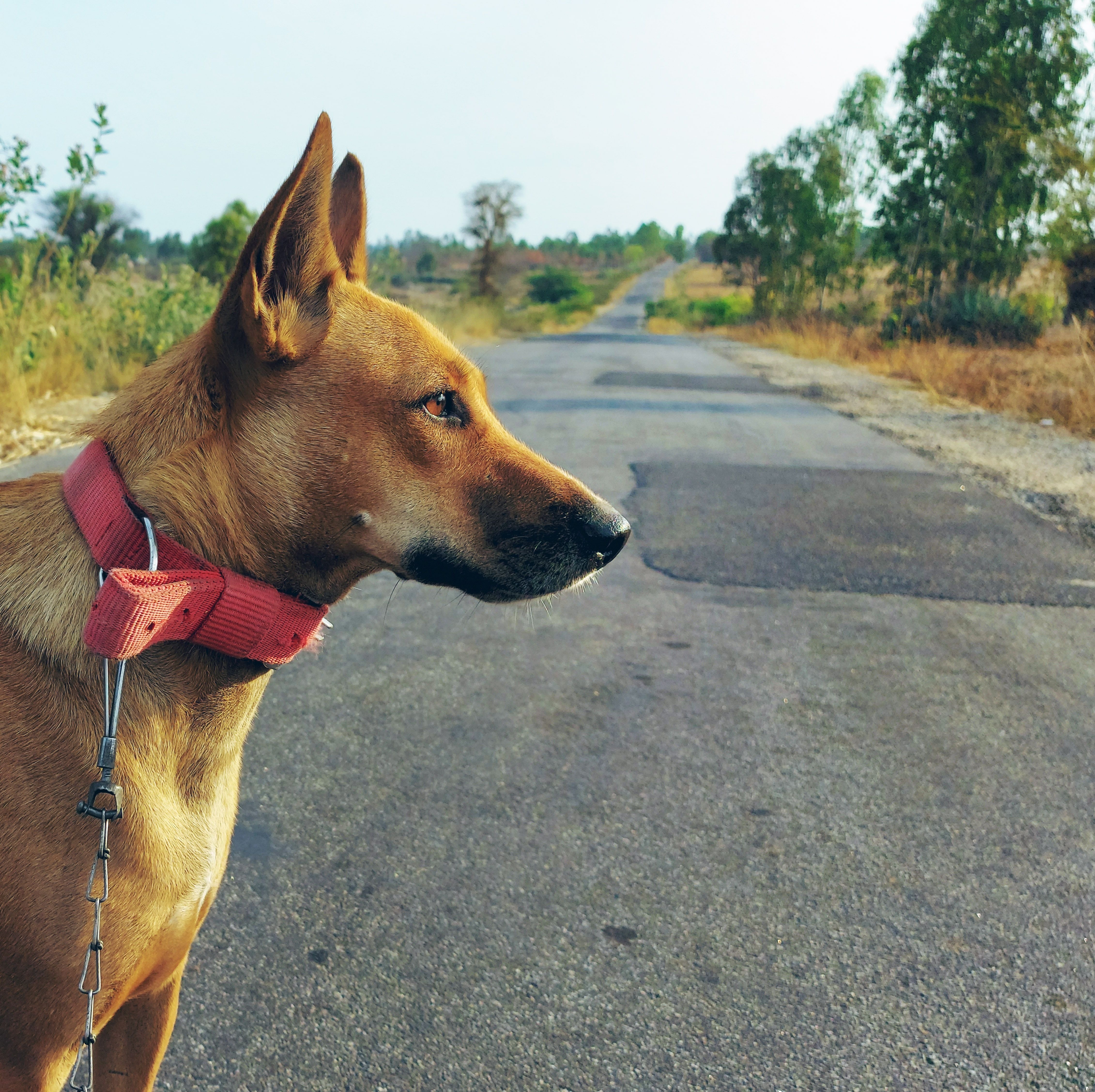 By Sagar21/Wirestock Creators, AdobeStock
By Sagar21/Wirestock Creators, AdobeStock
Health And Grooming
Thanks to their long natural evolution, Carolina dogs are a healthy and robust breed. They aren’t prone to the genetic conditions common in more artificially bred dogs. Their short coat requires only a weekly brushing. Occasional baths are usually enough to keep them clean. They tend to be clean dogs that groom themselves a lot like cats. Overall, they’re low maintenance.
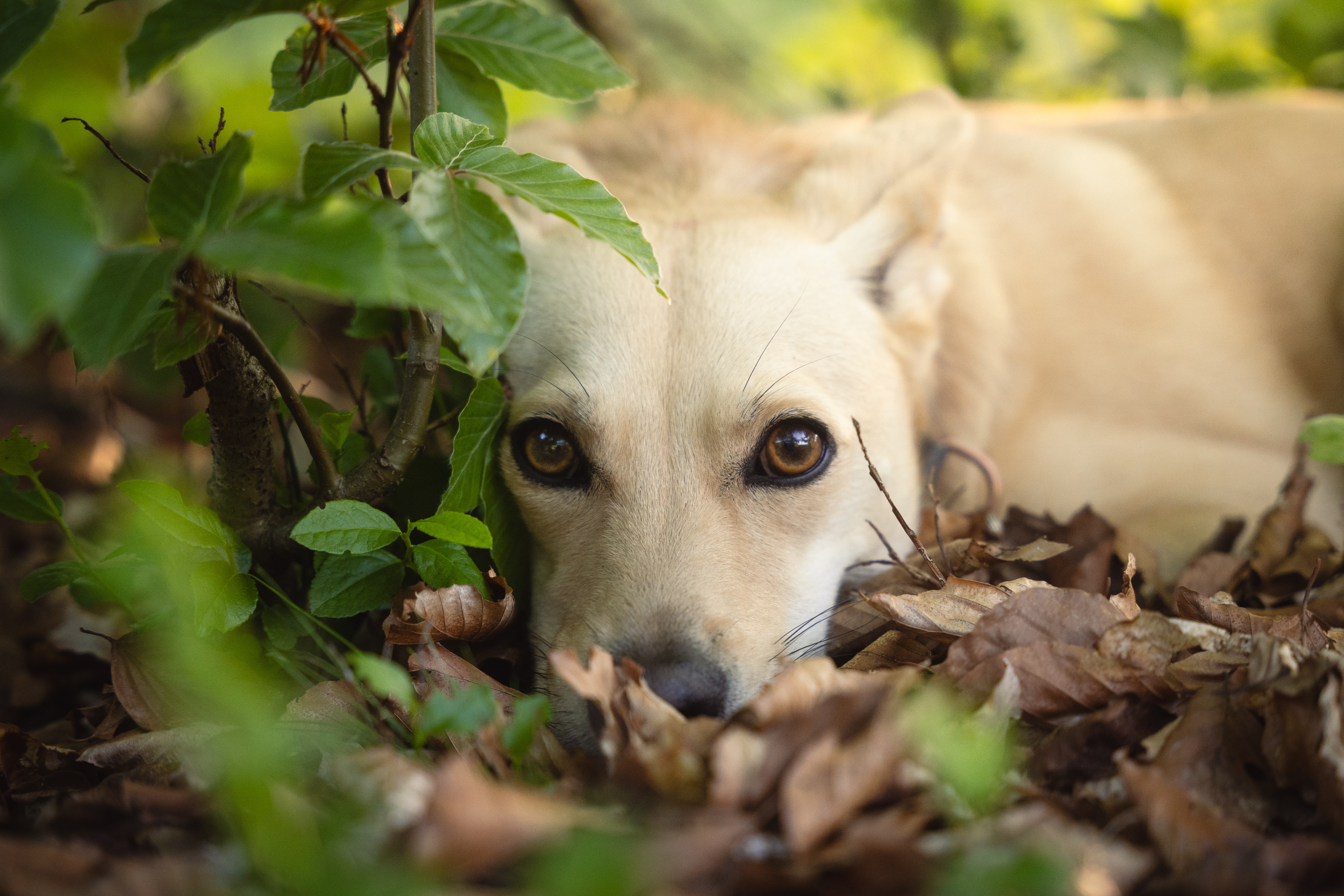 By Wojciech Adamski, AdobeStock
By Wojciech Adamski, AdobeStock
Is The Carolina Dog Right For You?
If you want a dog that’s loyal with an independent streak and doesn’t need a lot of grooming, the Carolina dog might be right for you. They do best with patient, committed owners who appreciate their primitive side and want a deeper bond with an instinctual animal. Perhaps they’re not the best fit for a first-time dog owner, but those who put the time in training and care will find the Carolina dog to be an intelligent and affectionate little companion.
You May Also Like:
10 Dog Breeds That Owners Regret—And 10 That Professionals Recommend
Tips To Keep Your Pet Healthy And Save Money As Veterinary Costs Soar

